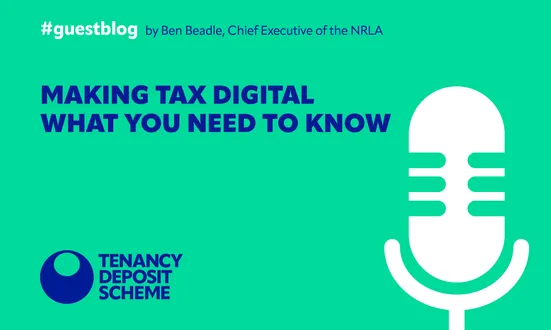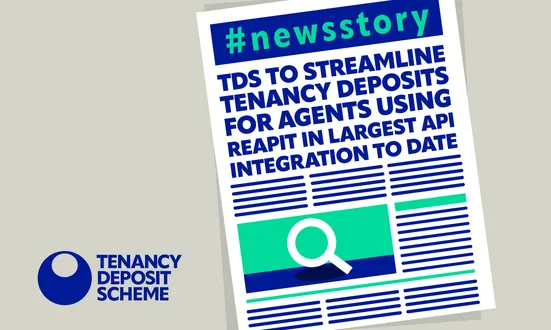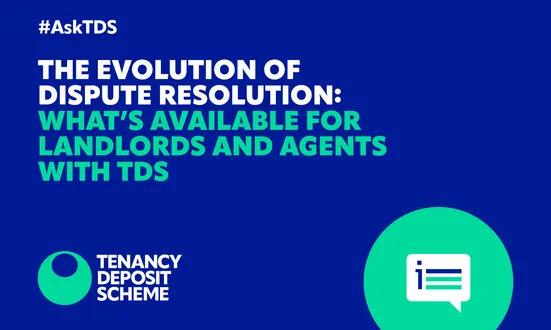Increasing the number of homes in the private rented sector would benefit landlords, tenants and the Government – the latter to the tune of £10 billion. So why are politicians so reticent? NRLA Chief Executive Ben Beadle explains why things need to change.
This week’s budget was disappointing for landlords, failing to introduce the pro-growth measures that are desperately needed to help tackle the current housing crisis.
Chancellor Jeremy Hunt MP announced a number of changes which will affect landlords, but failed to introduce bold proposals – such as changes to stamp duty and mortgage interest relief – that could encourage landlords to stay in the sector and continue to invest.
Analysis for the NRLA shows that growing the private rented sector would boost Government coffers by £10 billion – equivalent to almost the entire Affordable Homes budget.
So why is Jeremy Hunt so loath to roll out tax cuts to private landlords?
Draconian tax changes have crippled private landlords, with tenants bearing the brunt through increased rents and a dwindling pool of available rental homes.
The change is due, in part, to the Stamp Duty Levy on additional homes, introduced in 2016 by then Chancellor, George Osborne, who argued it would prevent landlords from squeezing out families who want to become homeowners.
Even at the time, this reasoning was refuted by the London School of Economics which argued that “nationwide only a minority of sales to landlords involved bids from both types of buyer”.
Increased competition
The latest figures from property portal Rightmove show the impact this – and other changes – have had, with an average of 11 prospective tenants now making enquiries about every available property to rent.
In its submission to the Treasury ahead of the budget in March the NRLA is calling for the Chancellor to scrap the Stamp Duty Levy, and outlined a number of changes that could address the supply crisis – helping landlords and tenants while boosting Government coffers – surely a win/win?
Unfortunately, the Chancellor opted instead to tinker in the margins.
Increasing taxes on holiday lets and cuts to Capital Gains Tax will make no meaningful difference to the supply of long-term rental properties. Meanwhile, those reliant on housing benefits still do not know if their benefits will be frozen from next year or not.
What do the figures say?
Independent analysis by the consultancy Capital Economics has revealed that scrapping the three per cent stamp duty levy on the purchase of additional homes would see almost 900,000 new private rented homes made available across the UK.
As a result of increased income and corporation tax receipts, Capital Economics’ modelling suggests this would lead to a £10 billion boost to Treasury revenue over the same period.
For context, this is the equivalent of almost the entire £11.5bn Affordable Homes Programme budget for 2021-26.
And it is not just the NRLA saying this. Its views have been shared by the Director of the Institute for Fiscal Studies (IFS), Paul Johnson, who warned in a piece for The Times that: “The more harshly that landlords are taxed, the higher rents will be”, explaining, “One of the reasons that private rents have risen so much is that government policy has substantially increased tax payable by private landlords.”
What needs to happen next?
We need to pull out all the stops to tackle the housing crisis.
Growing the private rented sector is not just about satisfying tenant demand and helping landlords, but would also provide a substantial boost to the public purse – cash that could be invested in improving vital public services.
It makes no sense to discourage investment in desperately needed private rented accommodation. This inaction will only result in more misery for prospective renters.
More information
The NRLA’s Budget submission can be downloaded here: https://www.nrla.org.uk/download?document=1703
Exclusive savings for TDS and NRLA customers
Register your deposits with The Tenancy Deposit Scheme and become an NRLA member to SAVE 33% on TDS Insured and enjoy £15 OFF NRLA membership. Click here to join today.
About the author

Ben Beadle is chief executive of the National Residential Landlords Association (NRLA), the UK’s largest trade body for landlords.
A landlord himself since the age of 20, Ben started out as property manager before working his way up through the ranks at the Tenancy Deposit Scheme.
He was then Operations Director at property management business Touchstone before overseeing the merger of the National Residential Landlords Association (NLA) and Residential Landlords Association (RLA) to create the new trade body earlier this year.
His key aims as head of the organisation are to strengthen the voice of landlords in Westminster and Cardiff, to improve the reputation of landlords in the media and to support members through information, training and accreditation.
NRLA: The NRLA updates landlords on all the latest legislation changes affecting the sector and offers expert advice, training and other exclusive services and benefits.
The views expressed in this content are solely those of the author alone and do not necessarily represent the views of TDS, its officers, or employees. To read more on TDS views, visit our Policies & Procedures webpage.
Other news stories


